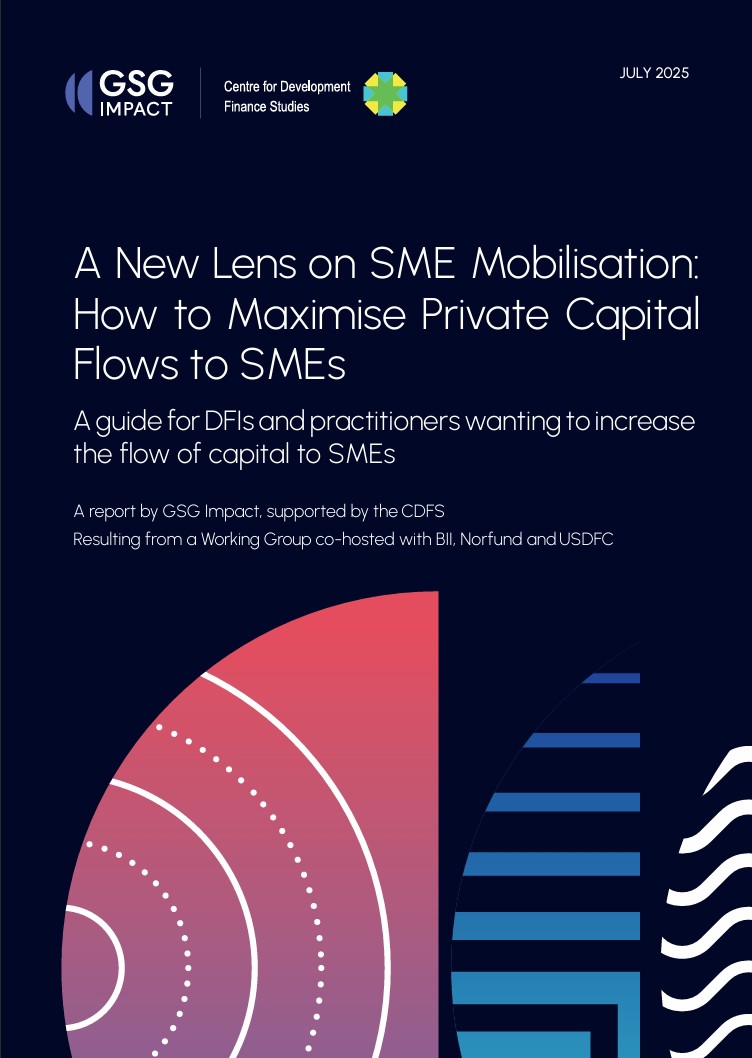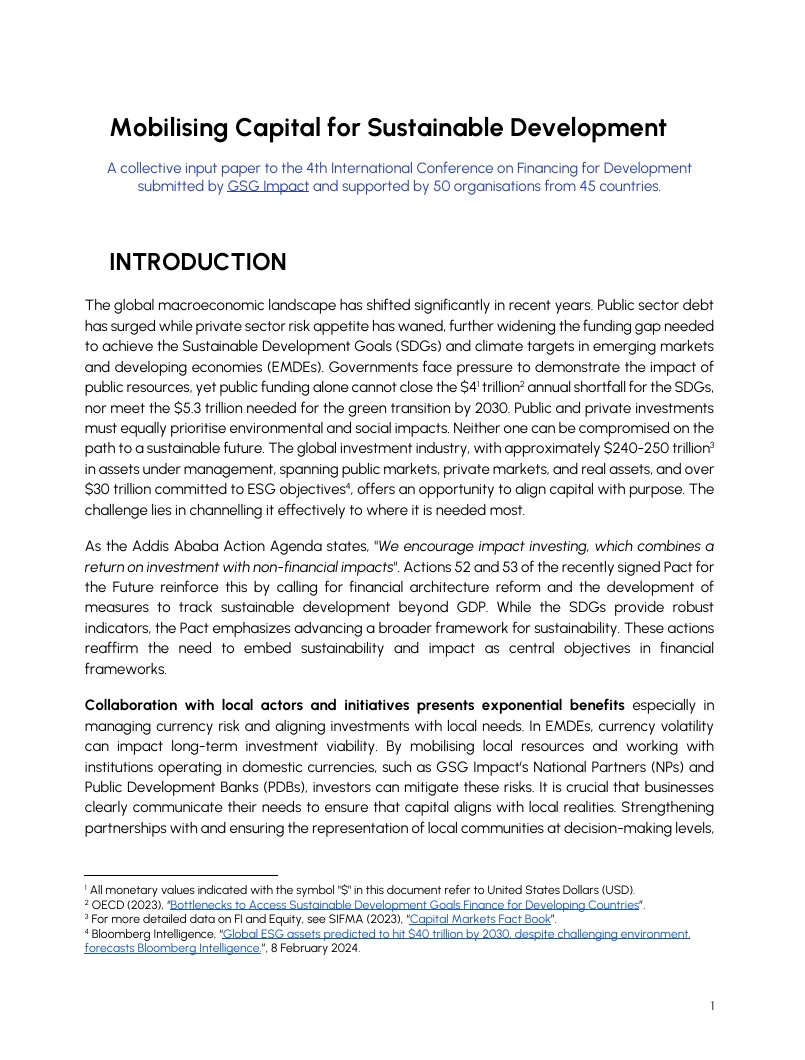
Fiscally constrained governments pursuing the short-term objective of ensuring a fairer and faster recovery from the covid crisis and the medium-term aspiration of building more sustainable economies will not only need to leverage private capital at scale to invest more, but also to invest their own resources better.
As market participants, the increasing adoption of results-based financing (RBF) solutions (especially where more appropriate and effective than traditional input-based spending) is probably the single greatest evolutionary step that governments need to take to foster impact-driven economies.

NAB Recommendation 1:
Be clear on the need for RBF and the problem it is solving

NAB Recommendation 2:
Shift the focus beyond outputs to outcomes

NAB Recommendation 3:
Learn from the best (and worst) practices from around the world

NAB Recommendation 4:
Bring the A Team – RBF can be used well or badly, and the cost of mistakes can be high

NAB Recommendation 5:
Find champions within government and donor organisations at both the political and technical level

NAB Recommendation 6:
Approach all RBF tools and projects as a partnership model, not a financial instrument

NAB Recommendation 7:
Recognise it is a journey
Under RBF programmes, the principal sets financial or other incentives for an agent to deliver predefined outputs or outcomes and rewards the achievement of these results upon verification. Performance-Based Contracts (PBC), Outcomes Funds, Career Impact Bonds (CIB) and other RBF tools can help national and local governments to draw private investors into economic projects to maximise the delivery of social results.
They are an evolution from traditional interventions that fund inputs (such as hours of training in a labour market development programme), to focus on the achievement of measurable outcomes (such as job placements, retention, and increased wages / income).










